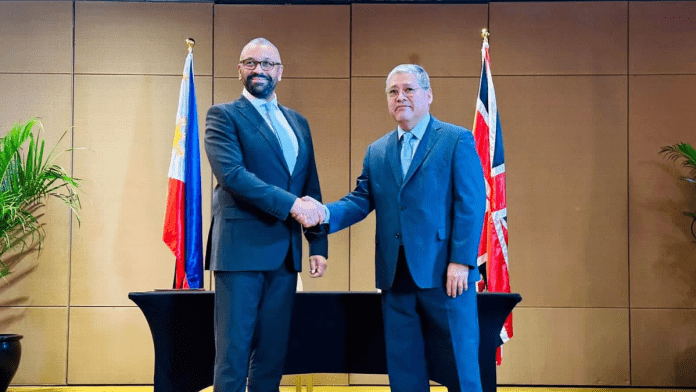🕒 Last updated on August 30, 2025
The Philippines is moving closer to its clean energy goals with new talks on building a carbon credit system for the energy sector. The Department of Energy (DOE) recently met with the British Embassy in Manila to discuss a draft circular on how the country will generate, manage, and monitor carbon credits.
A stronger push for carbon credits
Carbon credits are licenses that let businesses release a specific quantity of carbon dioxide. If a company pollutes less, it can sell its unused credits to others. This system helps businesses cut emissions while creating an opportunity for investments in cleaner technologies. By designing its own carbon credit framework, the Philippines aims to attract more support for renewable power projects such as wind, solar, and hydro.
During the meeting, both sides shared ideas on how carbon pricing works in other countries. They also discussed programs backed by the United Kingdom that can support the Philippines in shifting away from fossil fuels. These exchanges are expected to give the DOE a clearer picture of how to create a carbon market that is transparent, effective, and aligned with global standards.
Building partnerships for clean energy
The Philippines knows it cannot move toward a green future alone. Global cooperation plays a key role in making this transition possible. The British Embassy highlighted its experience in financing clean energy projects and offered insights on how other nations use carbon markets to drive down emissions.
By working together, the Philippines and the UK hope to design a system that not only supports cleaner energy but also builds trust among investors. Carbon markets only work if they are credible. International partners can help ensure that rules are strong enough to attract long-term investment.
The draft circular from the DOE lays out the rules for how carbon credits will be issued and tracked in the energy sector. This is a critical step because having clear rules reduces risks for investors and businesses. It also ensures that emission reductions are real and can be measured. The DOE stressed that international cooperation is vital in creating a policy framework that reflects best practices from around the world.
Shaping a framework for the future
As the Philippines continues to expand its renewable energy projects, it must also put in place systems that ensure accountability. The carbon credit framework is one of these systems. Once implemented, it will provide companies with incentives to adopt cleaner technologies and reduce reliance on coal and oil.
Greenland secession claims add strain to Denmark US relations amid intelligence warnings
The DOE’s engagement with the British Embassy marks another milestone in building this foundation. Both sides are focused on making sure that the carbon credit market supports the country’s climate commitments and energy targets. By learning from international models, the Philippines aims to shape rules that are fair, transparent, and effective in driving down emissions.
The discussions reflect a broader shift in the Philippines toward policies that link economic growth with environmental responsibility. With support from partners like the UK, the country is working to set up a carbon market that can serve as a key driver for its energy transition.

